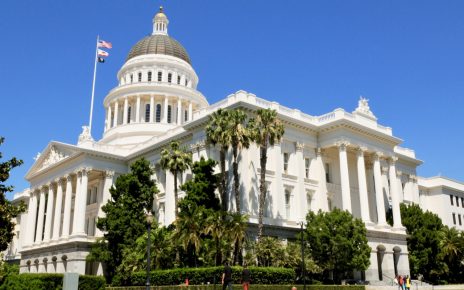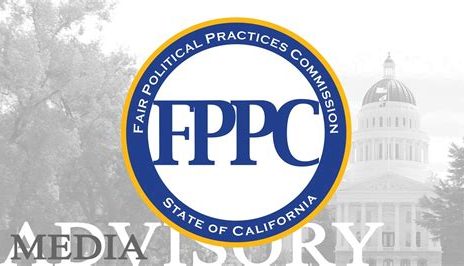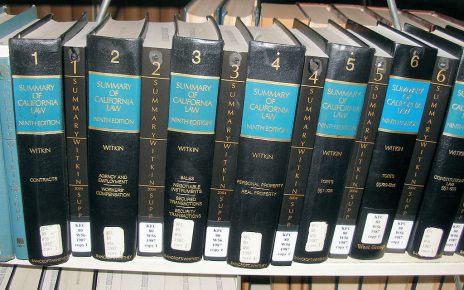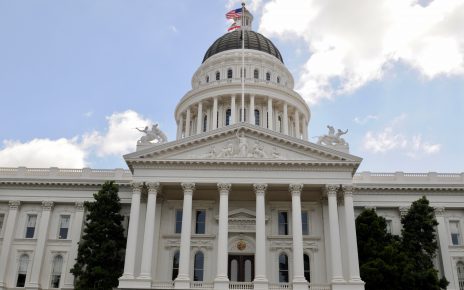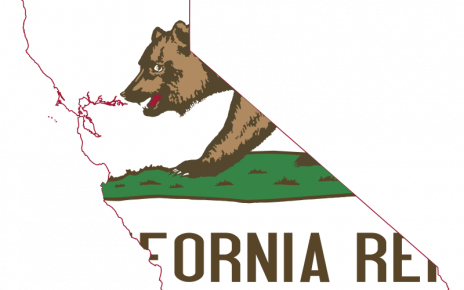California Statutes Codifying Court Decisions
On occasion, the California Legislature codifies in statute reported appellate court decisions. These codifications are helpful because they make clear how the Legislature intends for the courts to interpret the code sections that rely upon the court decision. The following...


